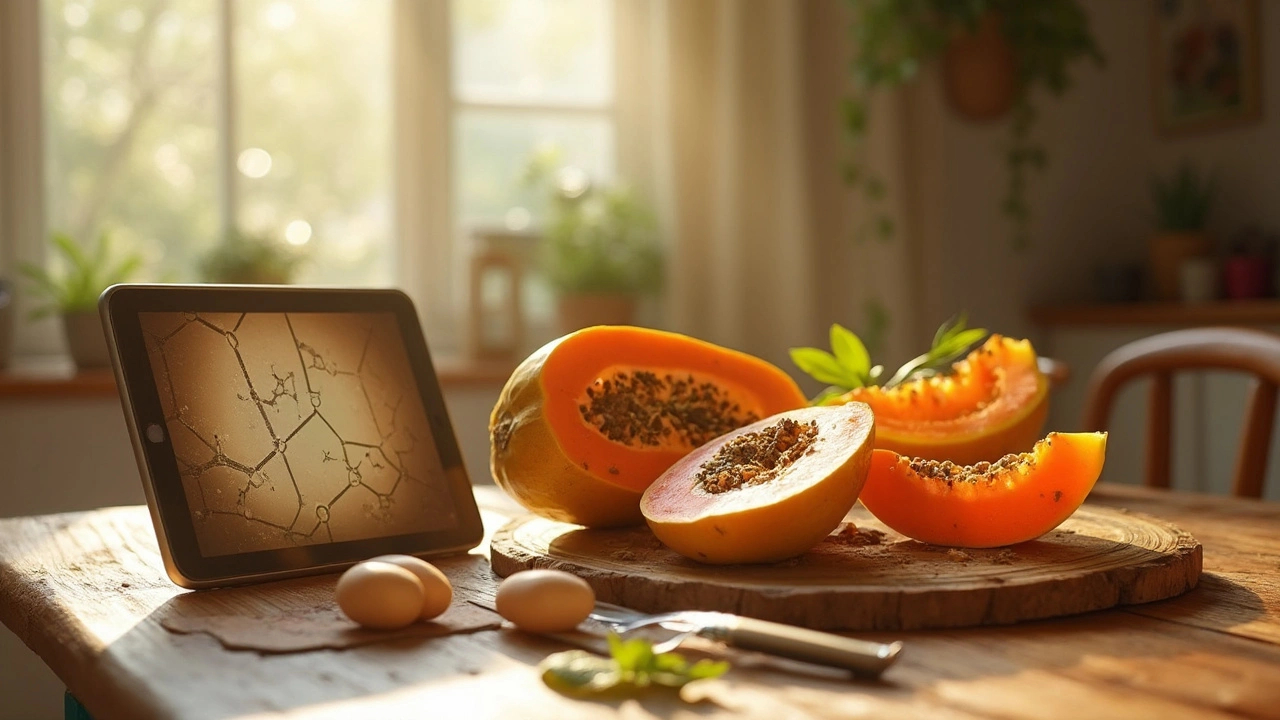Gut Health: Simple Tips for Better Digestion
If your stomach feels off, chances are your gut needs a little love. A healthy gut does more than keep you from feeling bloated – it helps your immune system, mood, and energy. The good news? You can improve it with everyday choices, no fancy diets required.
Everyday Habits That Support Your Gut
First up, water. Drinking enough fluids keeps stool soft and moves food through the intestines. Aim for at least eight glasses a day, but sip consistently rather than gulping all at once.
Fiber is the next big player. Soluble fiber (found in oats, apples, and beans) feeds the friendly bacteria, while insoluble fiber (whole‑grain bread, nuts, and vegetables) adds bulk to waste. Try to hit 25‑30 grams daily – a bowl of oatmeal with berries and a handful of almonds does the trick.
Stress sneaks into gut problems more often than you think. When you’re tense, your gut muscles tighten and digestion slows. Simple stress‑busting moves like a 5‑minute breathing exercise or a short walk can calm the gut‑brain axis.
Sleep matters too. Poor sleep disrupts the rhythm of gut bacteria, leading to inflammation. Aim for 7‑9 hours of steady rest, and keep screens out of the bedroom to protect your circadian clock.
Foods and Supplements to Feed Your Microbiome
Fermented foods are natural probiotic powerhouses. Sauerkraut, kimchi, kefir, and plain yogurt each contain live cultures that jump‑start your gut flora. A spoonful of kefir with breakfast or a side of kimchi at dinner is an easy habit.
Don’t forget prebiotic foods – they act like fertilizer for the good bugs. Garlic, onions, leeks, and chicory root are rich in inulin, a type of fiber that bacteria love. Toss garlic into stir‑fries or add a dash of onion to soups for a prebiotic boost.
If you struggle to get enough of these foods, a quality probiotic supplement can help. Look for products that list specific strains (like Lactobacillus rhamnosus GG or Bifidobacterium lactis) and guarantee at least 10 billion CFUs per serving. Take it with a meal to protect the bacteria from stomach acid.
Another optional supplement is a digestive enzyme blend. Enzymes such as amylase, protease, and lipase aid in breaking down carbs, proteins, and fats, reducing gas and bloating after meals.
Finally, keep an eye on sugar and processed foods. High sugar feeds harmful bacteria and can cause inflammation. Swapping sugary snacks for a piece of fruit or a handful of nuts keeps the gut in balance.
When you notice persistent issues – like frequent diarrhea, constipation, or unexplained weight loss – it’s time to talk to a healthcare professional. They can run simple tests, rule out conditions like IBS or SIBO, and guide you toward personalized treatment.
Putting these habits together creates a gut‑friendly environment that supports digestion, immunity, and overall wellbeing. Start with one change, like adding a daily glass of water, and build from there. Your gut will thank you, and you’ll feel the difference in energy, mood, and comfort.
Papain Enzyme Benefits: Improve Digestion and Strengthen Immunity Naturally
Discover how papain, the powerful enzyme from papaya, can naturally boost your digestion and immunity with science-backed facts, tips, and practical advice.





